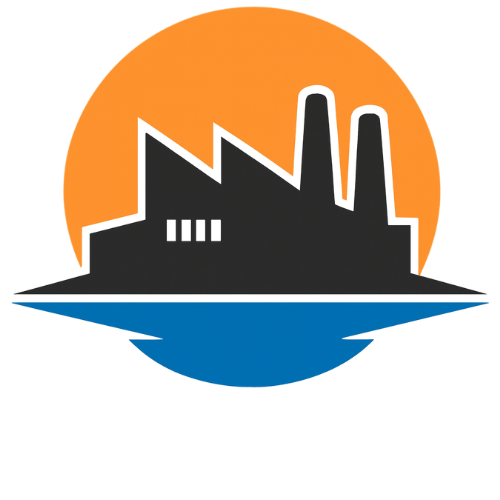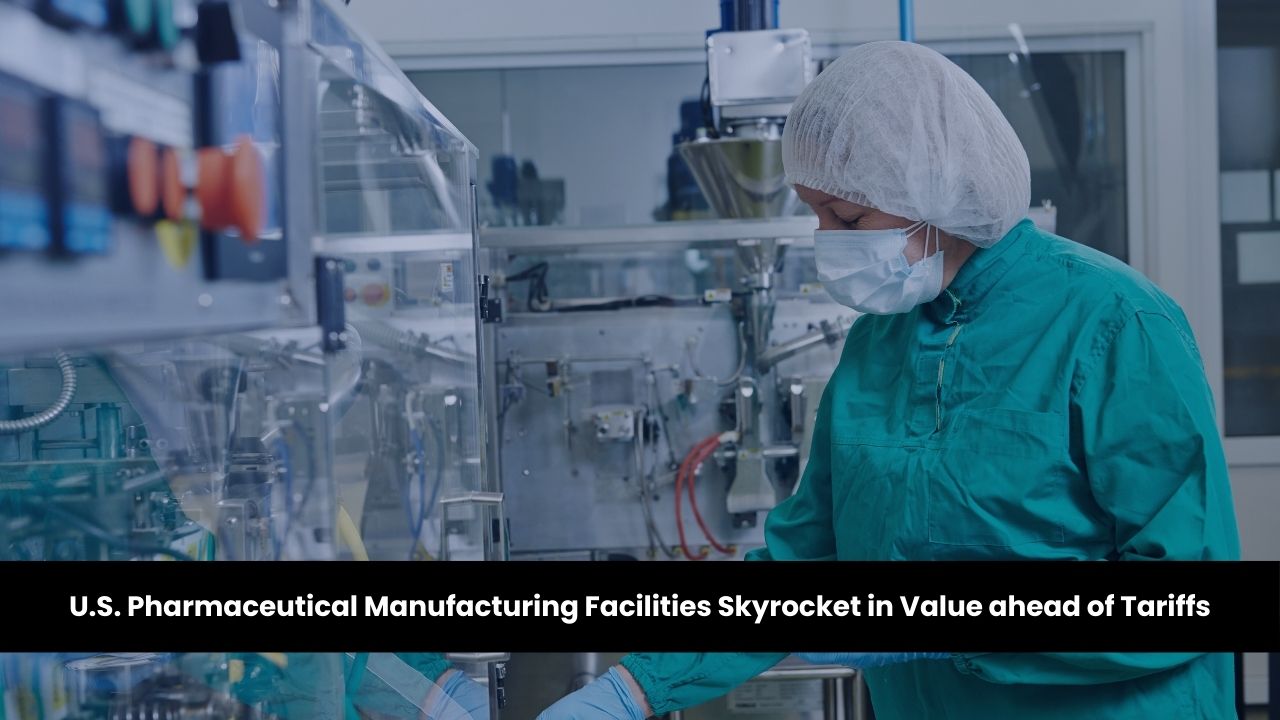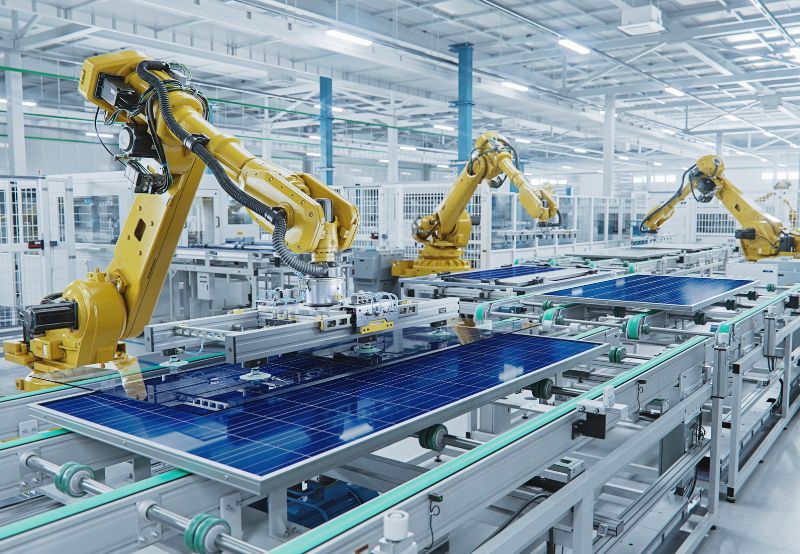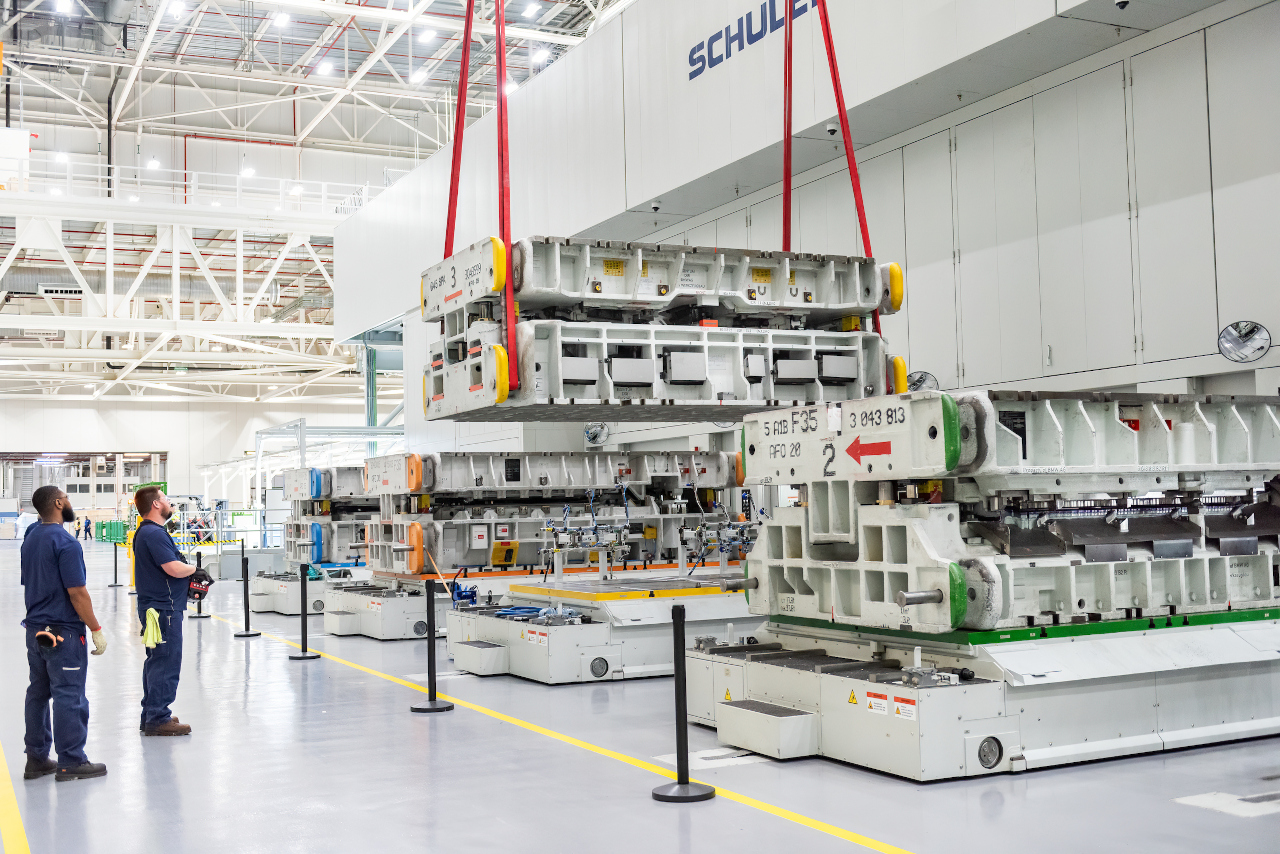Key Takeaways
- Cambrex, a leading U.S. CDMO, valued at USD 4 Billion, nearly double its 2019 acquisition price.
- U.S. pharmaceutical plant demand surges, with biomanufacturing space leasing up 185% in six months.
- Trump administration outlines tariff hikes on imported drugs: 150% within 18 months, rising to 250%.
- Global players including Celtrion, AstraZeneca, Roche, and Sanofi expand U.S. manufacturing presence.
- Analysts warn higher facility costs may translate into rising drug prices for American patients.
Rising Valuations in U.S. Pharma Manufacturing
Cambrex’s Durham, North Carolina facility, part of its broader U.S. operations, has drawn significant attention from global investors. Acquired by Permira for USD 2.4 Billion in 2019, the company is now valued at USD 4 Billion as it comes up for sale, reflecting how strategic manufacturing capacity has gained prominence under new trade conditions.
Tariffs Driving Domestic Expansion
The Trump administration’s plan to impose tariffs on imported pharmaceuticals, starting at 150% within 18 months and escalating to 250%—has sparked a wave of investment in U.S.-based production. An Ernst & Young analysis estimates that even a 25% tariff could raise annual U.S. pharmaceutical costs by USD 51 Billion and increase consumer drug prices by nearly 13%.
As a result, U.S. contract development and manufacturing organizations (CDMOs) are seeing rapid growth in valuation. PCI Pharma Services recently reached a USD 10 Billion valuation following a Bain Capital acquisition, underlining investor appetite for domestic supply resilience.
Global Pharma Companies Secure U.S. Sites
South Korea’s Celtrion is finalizing the acquisition of a U.S. plant producing APIs, oncology treatments, and autoimmune disease therapies. The site will serve as Celtrion’s American base, ensuring full “Made in USA” operations from production through packaging and distribution.
Other multinationals are also strengthening their U.S. footprint:
- AstraZeneca will invest USD 50 Billion in U.S. manufacturing and R&D by 2030.
- Roche has committed USD 50 Billion over the next five years to expand U.S. production.
- Sanofi sold a New Jersey factory to Thermo Fisher Scientific, which continues to produce Sanofi’s injectable drugs under contract.
Demand Surge in Biomanufacturing Space
Real estate firm JLL reports that U.S. demand for leasing biomanufacturing facilities has surged 185% in the last six months, turning pharmaceutical plants into some of the hottest assets in the industrial property market.
Real Estate and Cost Implications
The surge in demand has spilled over into real estate. JLL reports that leasing demand for biomanufacturing space has climbed 185% in just half a year. For property investors, pharmaceutical facilities have become standout opportunities.
Yet, the rapid rise in asset values carries a downside. Industry analysts warn that higher facility costs will likely be passed through the supply chain, raising expenses for insurers and patients. The tariffs designed to encourage domestic production may ultimately leave U.S. consumers footing the bill.




